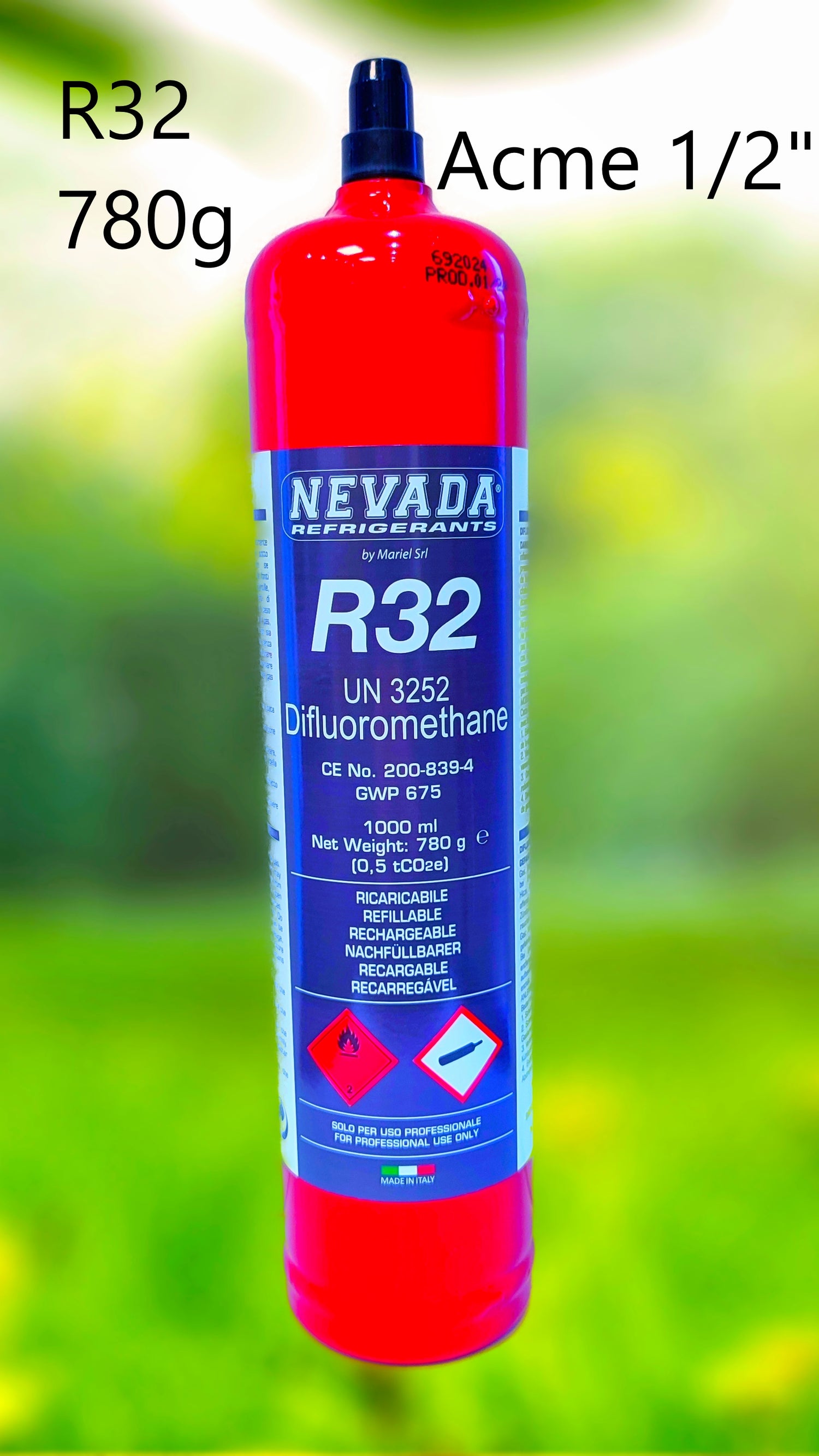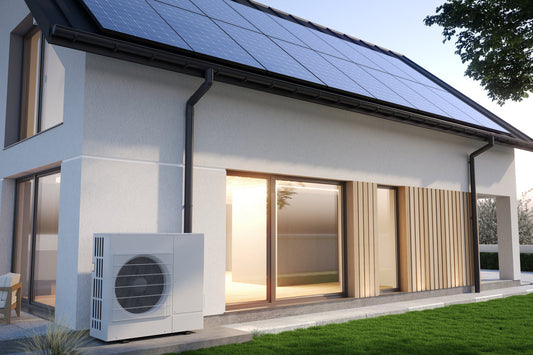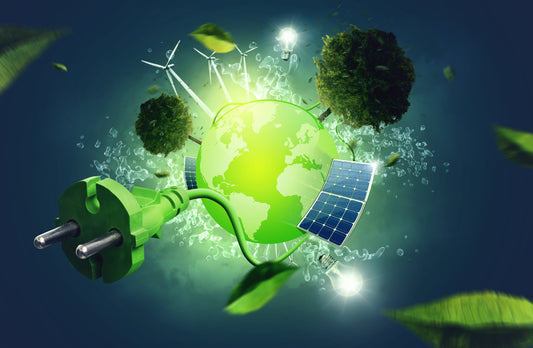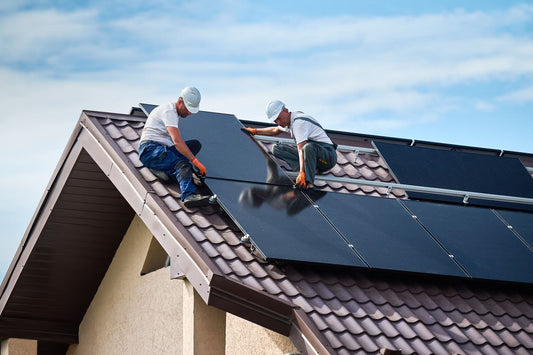VAT exemption under the Annual Tax Act 2022 for photovoltaic systems up to 30KWp

VAT exemption for photovoltaic systems up to 30 kWp according to the Annual Tax Act 2022
The use of photovoltaic systems for electricity generation is becoming increasingly important, not only for ecological reasons but also due to economic advantages. A key aspect often considered when purchasing such systems is the VAT exemption. This article examines the advantages, requirements, and important aspects of the VAT exemption for photovoltaic systems. The new Section 12 Paragraph 3 of the German VAT Act (UStG) provides the legal basis for this exemption.
VAT exemption for photovoltaic systems: An overview
The use of photovoltaic systems for generating solar power is becoming increasingly popular in Germany and many other countries. Besides the environmental benefits, they also offer economic incentives. An important aspect to consider when installing photovoltaic systems is the VAT exemption, which is significant for many operators.
What is VAT exemption?
VAT exemption means that no VAT (value-added tax) is charged on the purchase and installation of a photovoltaic system. This can significantly reduce acquisition costs and thus increase the profitability of the investment. In Germany, this regulation applies particularly to smaller systems that do not exceed a certain output.
Who benefits from the VAT exemption?
Generally, operators of photovoltaic systems with a capacity of up to 30 kWp (kilowatt peak) benefit from this regulation. It is primarily aimed at private households and small businesses that want to generate and use their own electricity. The VAT exemption is an incentive to promote the expansion of renewable energies and facilitate the transition to sustainable energy sources.
Advantages of VAT exemption
- Cost reduction: The exemption from VAT reduces the acquisition costs of the photovoltaic system, which shortens the amortization period.
- Easy to use: The regulation simplifies the purchasing process, as no sales tax needs to be calculated and paid.
- Promotion of renewable energies: The VAT exemption is part of the political measures to promote the energy transition and to reduce CO2 emissions.
Important points to consider
It is important to familiarize yourself with the exact requirements and regulations regarding VAT exemption. In some cases, it may be advantageous to waive the VAT exemption in order to claim input tax deductions, particularly if the system is operated in a commercial context. Individual consultation with a tax advisor is recommended in such cases.
Conclusion
The VAT exemption for photovoltaic systems provides a significant incentive for private households and small businesses to invest in renewable energy. Reducing acquisition costs increases the profitability of these systems, which not only benefits individual electricity consumers but also contributes to the energy transition. However, it is important to consider the specific requirements and possible alternatives, such as input tax deduction. Personalized advice from a tax expert can help you make the best decision and optimally utilize the advantages of the VAT exemption. Overall, the VAT exemption is a step in the right direction to further promote the use of solar energy and make a sustainable contribution to climate protection.
Do you have questions or
do you need help?
Our team of experts is happy to process your inquiries or assist with any questions about our products.
5000+
Satisfied Customers
1500+
Projects Completed
+10 Years
Experience in Climate Technology





